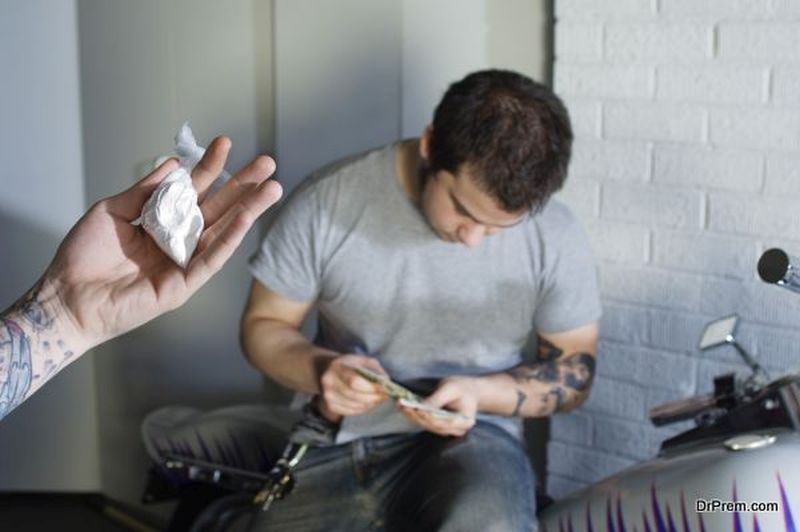Congratulations! You’ve recently completed a recovery program for drug or alcohol abuse. Admission is the first step to recovery. Now that treatment is over it’s time to return to everyday life – a healthier, sober life. But this transition isn’t always easy. As they say, old habits die hard. There are several things you can do to support your new sober lifestyle. This article covers some tips and tricks for supporting your recovery process and putting you on the right path to success.
Never Consider the Recovery Process “Over”

addict
One of the biggest mistakes recovering addicts make is to think that following rehab, the recovery process is over. Addicts will forever battle with addiction. Attending rehab, detoxing, and gathering the tools needed for success is the first step in the recovery process. But sober living means continuing to fight temptations, keep a positive mindframe, and eliminate negative thoughts, behaviors, and people from your life. This isn’t always easy but it’s necessary for adopting a healthy, sober life. All too often, the minute a recovering addict lets their guard down is when dependency creeps back in. Although the recovery process doesn’t need to be in the forefront of your mind at all times, it’s something addicts should always be aware of.
Surround Yourself with Positivity
One of the hardest things for recovering addicts to do is eliminate negative people and influences from their lives. After all, these people are their friends. Unfortunately, if these friends are still struggling with addiction or participating in risky, destructive behaviors, it’s only a matter of time before the addict falls back into bad habits. You may need to separate yourself from your old circle of friends and branch out. Surround yourself with positive, sober, and healthy influences. Many times recovering addicts discover bonds and friendships in rehab or in other support groups. Here’s a guide to a sober dating life. Anyone you bring into your new, sober life should respect and support your journey.
Avoid Temptation and Triggers

Avoid Temptation
Rehab teaches addicts about their triggers. Every type of addiction, from drugs to alcohol to even sex addictions, are triggered by something. Understanding your triggers is crucial for sobriety. Rehabilitation helps addicts understand what their triggers are and how to avoid them. Temptation is also a concern following rehab. The first few weeks following treatment is when addicts are at the greatest risk for relapse. Ease into sober life by spending time with family, counselors, at work, or alone – whatever it takes to avoid temptation and strengthen your resolve.
Continue Using Resources
Just because rehab is over and you’re no longer living in a facility doesn’t mean you can’t utilize support and resources. Most in-patient treatment programs offer contact information and resources for recovering addicts to use following discharge. Don’t be afraid to pick up the phone and reach out to a counselor or another sober friend. Attend AA (alcoholics annonymous) meetings or other support groups that offer encouragement and advice for your daily struggles. Literature and journaling are two more resources recovering addicts can utilize.
Set New, Attainable Goals

Set New, Attainable Goals
Adopting a sober lifestyle means setting realistic and attainable goals. There’s no sense in setting yourself up for failure. Start small and praise your accomplishments. These goals can be something as small as going out to dinner with friends and not ordering a drink to keeping your weekly appointments with your therapist. The road to recovery can be a difficult one. When you set realistic goals and crush them, it boosts your confidence and solidifies the belief that you can and will overcome your addiction. Now’s the time to set new goals, as well. Go after that job you’ve always wanted, return to school, or start a new exercise routine. Anything that makes you feel good, strong, and focused.
Living a sober life is both rewarding and possible, even for those battling years of addiction. Entering rehab is the first step. But continuing to make positive choices following rehab is often an addict’s greatest challenge. Surrounding yourself with positive people and understanding your own triggers will set you on the path to success.
Article Submitted By Community Writer




